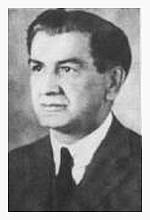 W
WJosé Gomes de Abreu, better known as Zequinha de Abreu was a Brazilian musician and composer.
 W
WAndré Cibelli Abujamra is a Brazilian score composer, musician, singer, guitarist, actor, and comedian of Lebanese and Italian origin. His father, Antônio Abujamra, was also an actor.
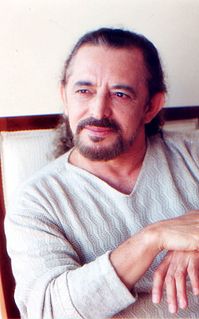 W
WGeraldo Azevedo is a Brazilian singer and guitarist. He is famous for his contributions to the Brazilian Popular Music scene, especially his partnerships with Alceu Valença and Zé Ramalho.
 W
WValdir Azevedo or Waldir Azevedo was a choro conductor and performer, considered to be the most successful musician of this genre.
 W
WCacilda Campos Borges Barbosa was a Brazilian pianist, conductor and composer. She was one of the pioneers of electronic music in Brazil.
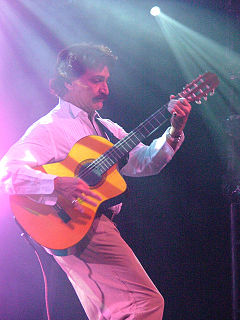 W
WBelchior was a Brazilian singer and composer. He was one of the first MPB singers from the Brazilian northeast to reach mainstream success, in the early 1970s.
 W
WCarlos Alberto Ferreira Braga, commonly known as Braguinha or João de Barro, was a Brazilian songwriter and occasional singer.
 W
WLeci Brandão is a Brazilian politician, singer and composer of Brazilian Popular Music. She is the daughter of Pérola Negra, one of the artists who pioneered in making the Brazilian pagode music popular throughout the land. Her performance of "Quero Sim" won the National Meeting of Samba Composers in 1973.
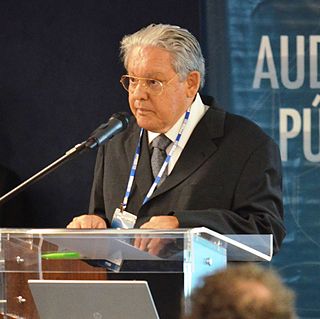 W
WFernando Rocha Brant was a Brazilian poet, lyricist and journalist, born in Caldas, Minas Gerais.
 W
WJayme Guilherme Caetano Braun was a Brazilian folk musician, poet and composer.
 W
WJoaquim Antônio da Silva Calado, Jr. was a Brazilian composer and flautist.
 W
WAltamiro Carrilho was a Brazilian musician and composer. He is widely regarded as a master flutist and a major representative of the choro genre.
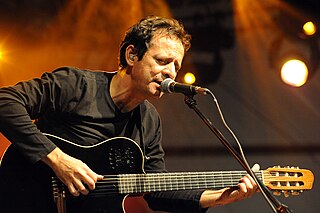 W
WMárcio Faraco is a Brazilian-born singer, composer, producer and guitar player. After many years of living and working in Brazil, he decided to leave the country for Paris, France.
 W
WOscar Lorenzo Fernández was a Brazilian composer of Spanish descent. He was born and died in Rio de Janeiro.
 W
WWalter Franco was a Brazilian singer and composer. In 1998 he contributed to the Rosa Passos album Especial Tom Jobim. His 1975 album Revolver was No. 50 on Rolling Stone's list of the Top 100 Brazilian albums.
 W
WEdu da Gaita was a Brazilian composer and harmonica player. Apart from releasing multiple solo albums, he also performed with Brazilian composer Radamés Gnattali and his sextet, touring Europa and South America
 W
WLéo Gandelman is a Brazilian saxophonist, composer and producer. He has played with Lulu Santos, and guest appeared in Titãs' single "Televisão". He is also known for composing soundtracks for Brazilian telenovelas, films and TV series.
 W
WLuiz Gonzaga do Nascimento, Jr., better known as Gonzaguinha, in Portuguese Little Gonzaga, was a noted Brazilian singer and composer. He was born in Rio de Janeiro and he was the son of Luiz Gonzaga, the "king of baião". Gonzaguinha was killed in a car accident on April 29, 1991, in Renascença, state of Paraná, southern Brazil.
 W
WCésar Guerra-Peixe was a Brazilian violinist, composer, and conductor.
 W
WHans-Joachim Koellreutter was a Brazilian composer, teacher and musicologist.
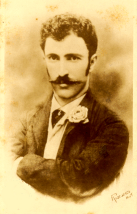 W
WAlexandre Levy was a Brazilian composer, pianist and conductor.
 W
WEduardo de Góes "Edu" Lobo is a Brazilian singer, guitarist, and composer.
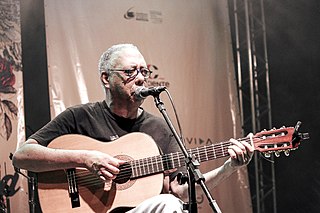 W
WJards Anet da Silva, known as Macalé, is a Brazilian composer, singer and actor, known for his influential role in Brazil's tropicália movement in the 1960s.
 W
WLeopoldo Américo Miguez was a Brazilian composer.
 W
WRemilson Nery is a Brazilian composer and musician.
 W
WAlda de Jesús Oliveira is a Brazilian composer and pedagogue.
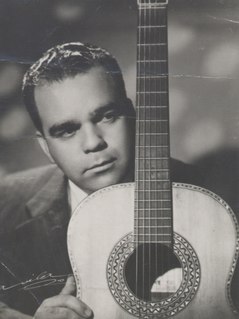 W
WDilermando Reis was a Brazilian musician, composer, guitarist and music teacher.
 W
WWagner Tiso Veiga is a musician, arranger, conductor, pianist and composer from Brazil.
 W
WZé Renato is a Brazilian singer, songwriter, and guitarist.